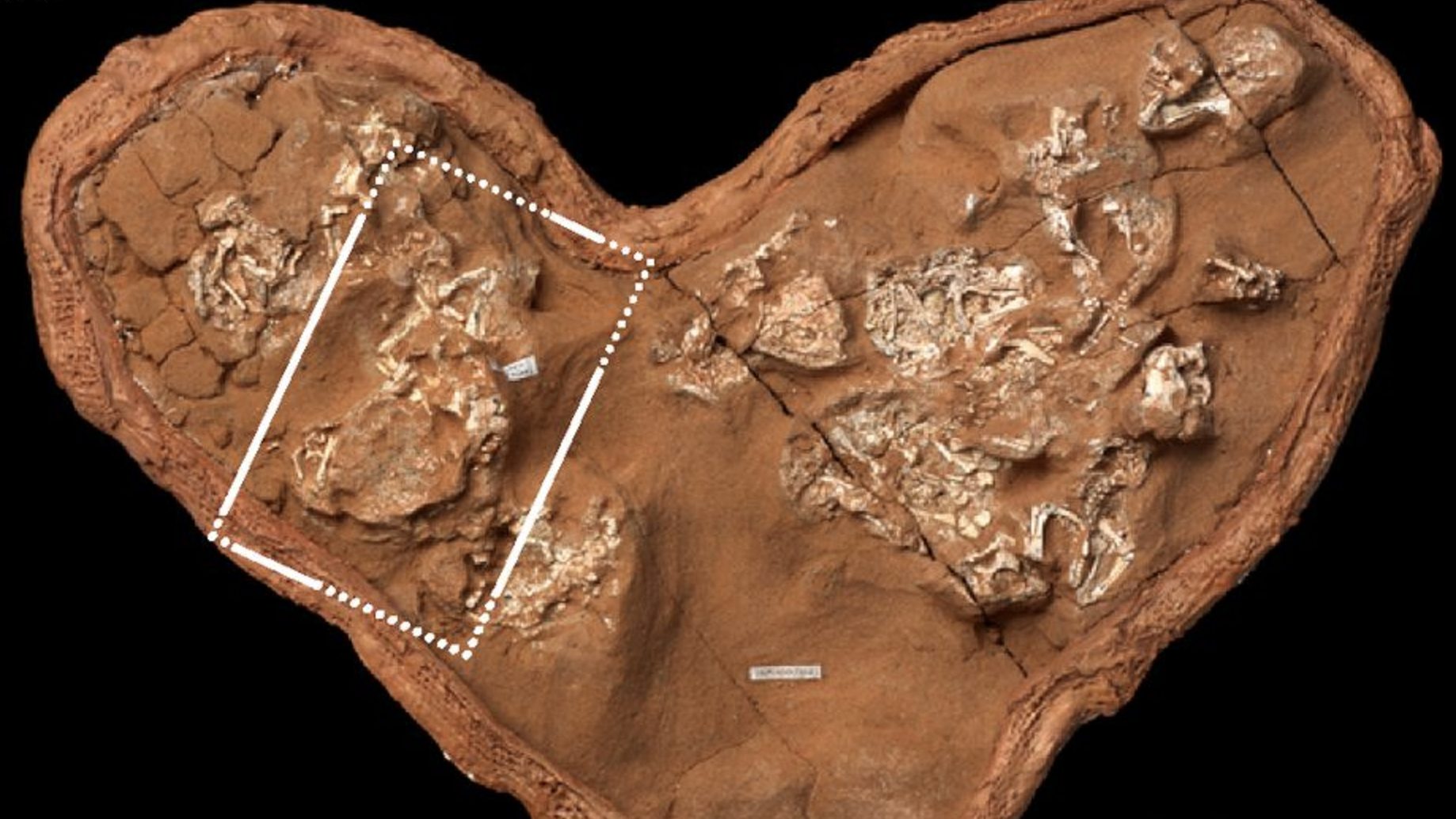New Dino Research Complicates Previous Beliefs

Dinosaur eggs may have taken six months or longer to hatch, new research says, which means they’re more like reptiles than birds. That flies in the face of previous ideas that Tweety descended from T-Rex.
Using a new technique that measures tooth age, scientists tested unhatched dinosaur embryos and found they took twice as long to develop as bird eggs of the same size, the New York Times reported. A large duck-billed dinosaur, for example, took six months to hatch. Larger dinosaur eggs may have taken longer.
“Virtually nothing is known about [dinosaur egg] embryology,” said Gregory M. Erickson, the lead study author and a Florida State University paleobiologist. Erickson and colleagues at the American Museum of Natural History in New York and the University of Calgary in Canada published the research last week in the Proceedings of the National Academy of Sciences.
-

-

-

-

-

-

-

-

-

-

-

-

-

-

-

-

-

-

-

-

-

-

-

-

-

-

-

-

-

-

-

-

-

-

-

-

-

-

-

-








































